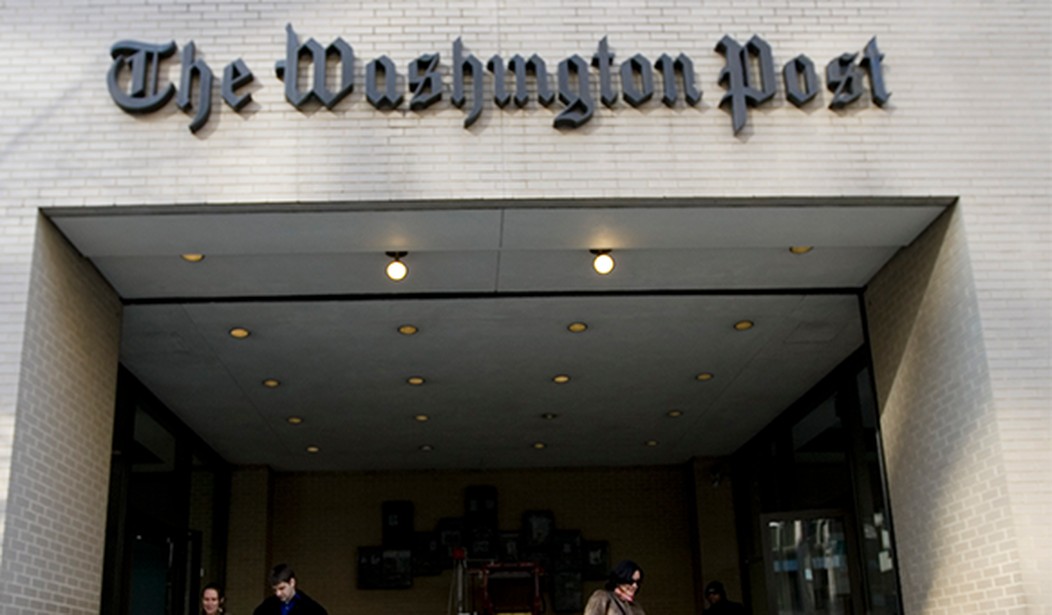The Washington Post’s Glen Kessler is the Angel Hernandez of fact checkers. For those who don’t follow Major League Baseball, Hernandez is the consensus worst umpire in the game. If you have any doubts about Hernandez, just check out this montage.
As far as Kessler is concerned, earlier this month he was caught attempting to manufacture a hit piece about Christopher Rufo, who has led the battle nationwide against Critical Race Theory. Kessler wasn’t seeking to discredit the positions Rufo has taken opposing CRT, but rather was engaged in the politics of personal destruction going after the reporting process but not the actual reporting.
Strike One!
But Kessler has been at the fake checking game for a long time. His escapades include giving Mitt Romney two Pinochios (out of a possible four) for criticizing then President Barack Obama for not going to Israel in his first term in office an objectively true statement given Obama did not go to Israel in his first term in office.
Strike Two!
Kessler also created controversy when he attempted to nullify South Carolina Senator Tim Scott’s life story that his grandfather quit school to pick cotton during the Jim Crow era. Not content that Sen. Scott’s grandfather quit school to pick cotton during the Jim Crow era, Kessler went into an extensive background check on Scott’s family using what he, himself terms, notoriously unreliable records, discovering that Tim Scott’s great grandfather quit school to pick cotton on a farm… that was owned by his family.
Recommended
The fact remains that the senator’s grandfather did quit school to work on the farm, and this is part of Scott’s life story. Apparently to the Washington Post’s resident attack dog, Scott’s story needed to be diminished because he was on the cusp of delivering the Republican response to President Obama’s state of the union. It was the same Kessler who wrote a defense of Elizabeth Warren’s false claims about her native-Americans heritage when that was relevant.
Strike Three! Normally you are OUT, but not Kessler who continues his official role as Washington Post owner Jeff Bezos’ legitimizer of attacks against his political enemies.
Now Kessler is using his failed fact checking in evaluating an objectively true statement from an ad opposing Nancy Pelosi’s disastrous attempt to take over the pricing of medicines in HR 3.
The ad opens, “They want to repeal a protection in Medicare that protects access to my medicines. They call it negotiation, but it really means the government decides what medicines I can get.”
— Sue from Ohio, who says she had Type 1 diabetes, speaking in a television advertisement sponsored by Pharmaceutical Research and Manufacturers of America (PhRMA).
It is either true or it isn’t that to “repeal a protection in Medicare that protects access to my medicines. They call it negotiation, but it really means the government decides what medicines I can get.”
The Congressional Budget Office writes in their analysis of the impact of HR 3 that,
“Under H.R. 3, manufacturers that do not agree to participate in negotiations or that fail to agree to a negotiated price would be subject to an excise tax on the drug’s sales, in addition to income taxes. CBO and JCT expect that a manufacturer would take its drug off the U.S. market rather than pay the excise tax, so that tax would have the same effect as if the drug had not been approved for sale or as if the drug was excluded from a national list of drugs (that is, a formulary) that any insurer could cover.”
So HR 3 would impose a negotiation system between the government and a drug manufacturer over price where the government holds all the cards. If the manufacturer does not participate, or an agreement is not reached, the government would impose an excise tax on the drug’s sales. The Congressional Budget Office and Joint Committee on Taxation both expect that if the government imposed an excise tax that the manufacturer would take its drug off the U.S. market.
Thus a government action would result in effectively forcing a drug off the U.S. market denying U.S. patients access to that medicine.
Seems pretty clear that the net effect of HR 3 would be price coercion and if the actual inventor of the medicine objects, a punitive tax will be put in place that would make it unwise for a company to allow people to get the drug.
Bottom line is that under HR 3, Sue from Ohio won’t be able to get her medicine due to HR 3-allowed government coercion.
Apparently to Kessler this basic cause and effect is too much for his left-focused vision to see.
Come to think of it, maybe that’s Angel Hernandez’ problem, while some would claim that he is either blind or just guessing as an umpire, maybe he is calling balls and strikes with his right eye closed?
But as for you, Sue and me, the truth is clear.
Richard Manning is President of Americans for Limited Government.
























Join the conversation as a VIP Member